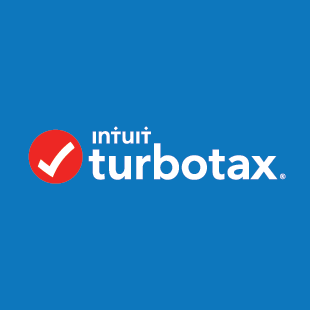
In what should be a warning to both advertisers and broadcasters, the Federal Trade Commission has issued a cease-and-desist order against Intuit, the company behind TurboTax, for deceptive advertising practices related to its tax-filing software.
This enforcement follows a four-year investigation that revealed how millions of Americans were drawn into paid tax preparation products despite being eligible for free filing through a government-sponsored program. The 93-page opinion accompanying the order strongly criticized Intuit for its broad and willful deceptive ad campaign.
Intuit ads previously declared their product was “Free Guaranteed” on AM/FM, streaming, and podcasts, while only about one-third of Americans qualify for the free offering.
The FTC order mandates clear disclosures in TurboTax ads, ensuring consumers understand that most filers won’t qualify for free filing. Additionally, TurboTax must provide detailed information on eligibility for free filing when ad space permits. The order also includes a broader requirement prohibiting TurboTax from misrepresenting any material fact about its products.
Despite these changes, Intuit has raised several objections during the process, including claims that such disclosures infringe upon its First Amendment rights and could lead to consumer information overload. The FTC dismissed these arguments, noting that the illegality of certain marketplace practices isn’t excused by their prevalence among competitors.
Intuit is the leading tax prep advertiser in the US, spending well over $100 million each year, with generous portions of that budget spent on radio and streaming audio. Tax prep companies reportedly generated $1 billion in revenue in a single year from customers who should have qualified for free filing.
Intuit, planning to appeal the FTC order in federal court, claimed in a statement that it has always been “clear, fair, and transparent” with customers and anticipates no significant business impact from the order, as it includes no monetary penalty.
In a statement, the FTC sent a message to Intuit and other marketers, “‘Free’ claims remain a powerful draw for consumers, but like any other advertising representation, the claim must be truthful. Don’t describe your product or service as ‘free, free, free’ when for many consumers, the more accurate characterization is ‘fee, fee, fee.’






In response to Charles. I have used Free Tax prep software for years, and it is not from the Government. Yes, I only qualify because I have rather simple needs.
But fleecing consumers out of a Billion dollars is well worthy of FTC doing its job. I am so glad to see that since corporations are not people and never will be!
We have a duty as broadcasters not to air anything false or deceptive. That said, would your rather have a free service from government, or pay for a product with the fruits of your labor? In terms of government, “free” means “someone else paid for it.” I’d rather choose my own charities, not have the government pick them, thank you very much.
In the free market, paying for a service gives you the right to complain about it if it does not work right. Is same so about a free government service? Tell me why if I am wrong…
It is about time! The FTC has been derelict in its duties for a very loooong time. I hope its latest battle against Intuit on behalf of consumers is perfunctory.
Other industries needing immediate FTC investigations for a myriad of illegal/deceptive practices are:
Internet providers
Banking/prepaid banking cards
Cellular telephone providers who hire off shore employees who in turn routinely give false information to complaining customers
Automobile repair extended warranty providers
Charities receiving car, boat, etc donations
Online third party reservationists on behalf of hotels, motels, etc
Travel agencies
The Real Estate industry- all aspects
Senior citizens Nursing/long term healthcare providers
Organic farmers
Automotive repairs
Online job hiring/recruiting
Online search engines specifically Google and Bing
And others…
A few of the many Industries consistently providing honest, ethical services to consumers – sometimes there are hiccups – and needing positive recognition from the FTC:
Prek-college educational institutions
State and FBI Criminal background investigators
Courier/package delivery services
Utility providers
Brick and mortar Libraries
Drug stores
Online archivists/libraries/collectors of information
Re-sell marketplaces like EBay, Amazon, Poshmark, etc.
Online reviews providers like Yelp, Google Review
Consumer/Producer advocates like BBB
And, many others…
it is relatively surprising that the FBI is on your list of “trusted providers,” when there is a long history (see The Church Committee Hearings) of abuse of authority in warrantless wiretapping, and especially recent revelations of abuse of the FISA Court in the Trump investigation(s). So too with pre-k to college educational institutions, in light of the recent student loan debacle. YMMV… I’d be happy to have a polite robust discussion of this topic on the air with you Joyce.